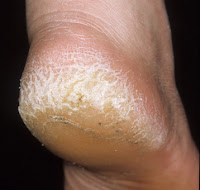LA Times article.Awareness is step 1 in any change.
Joanne Slavin, professor of nutrition at the University of Minnesota, member of the 2010 Dietary Guidelines Advisory Committee:
"Americans have to eat fewer calories. But I see no value in making a hit list for carbs. There are many healthy eating patterns, and potatoes, pasta, white bread and rice surely fit into many of these."
Slavin mentions rice which is empty calories with almost no nutritional value. Rice is true junk food as far as carb and nutrition goes.For those inclined to read nutrient tables here's detailed info on rice.
And white bread & pasta. How white bread and pasta can fit into any diet is beyond me.Ask yourself what it is you like about pasta. I doubt it is the actual pasta, but the sauce, vegetables or proteins that go with it. The pasta is just there to make you full. When did you last eat pasta on it's own?
I eat pasta, but without the pasta. Normally I replace the pasta with either cooked or pan fried vegetables. Cauliflower ground down to the size of rice is delicious. And it takes on an interesting flavor when fried in a pan.
In a world of increasing obesity I find it careless for a professor in nutrition, who is also a member of the Dietary Guidelines Advisory Committee, to say rice, pasta and white bread aren't that bad. But that's just me...
You don't have to be a rocket scientist to recognize the power of Big Food lobbyism and their wallet.
Entire article here:
http://www.latimes.com/health/la-he-carbs-tips-20101220,0,4380325.story








